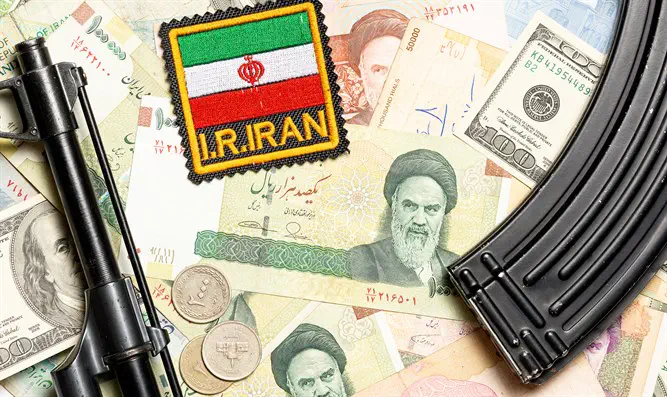
The media have been reporting incessant threats from the Iranian regime’s leadership and the mullahs’ intention to retaliate against the US. But the reality belies these threats. They are nothing more than empty rhetoric aimed at appeasing the fury of the mullahs’ allies and supporters over the successive blows they take.
Moreover, there is the effect of President Trump’s policy of harsh sanctions on the mullahs over the past two years. The wide gap between the mullahs’ threats and the reality of their highly calculated behavior is a well thought-out strategy. It is based on the patience to achieve a moral political victory without venturing into direct clash with the US side that is dominant and capable of settling any limited or all-out military conflict with the mullahs’ regime.
Since Khomeini’s 1979 revolution, it has been clear that the regime’s interests and survival take precedence over its calculus and norms. This is evidenced by many positions grounded in the principle of political taqiya, which the regime’s leaders have been judiciously applying. The regime had already faced the strong winds of American anger in 2011, when the US decided to punish Afghanistan’s Taliban for harboring Al Qaeda leaders and operatives in their country.
The same pattern of behavior was seen in 2003 during the US war against Saddam Hussein’s regime. In both cases, the mullahs provided all necessary support and facilities to the American forces for fear of enraging Washington. There is also Khomeini’s famous statement. In 1988, he accepted UN Resolution 598 on a cease-fire to end the Iran-Iraq war, comparing his gesture to drinking “a cup of poison.”
I remember very well that in mid-2003, some 127 Iranian MPs addressed a memo to Supreme Leader Ali Khamenei asking him to follow in the footsteps of his predecessor Khomeini who, against his will, accepted the said UNSC resolution. He too might have to swallow his pride “if necessary to defend the pillars of the regime and the independence of the country.” READ MORE
